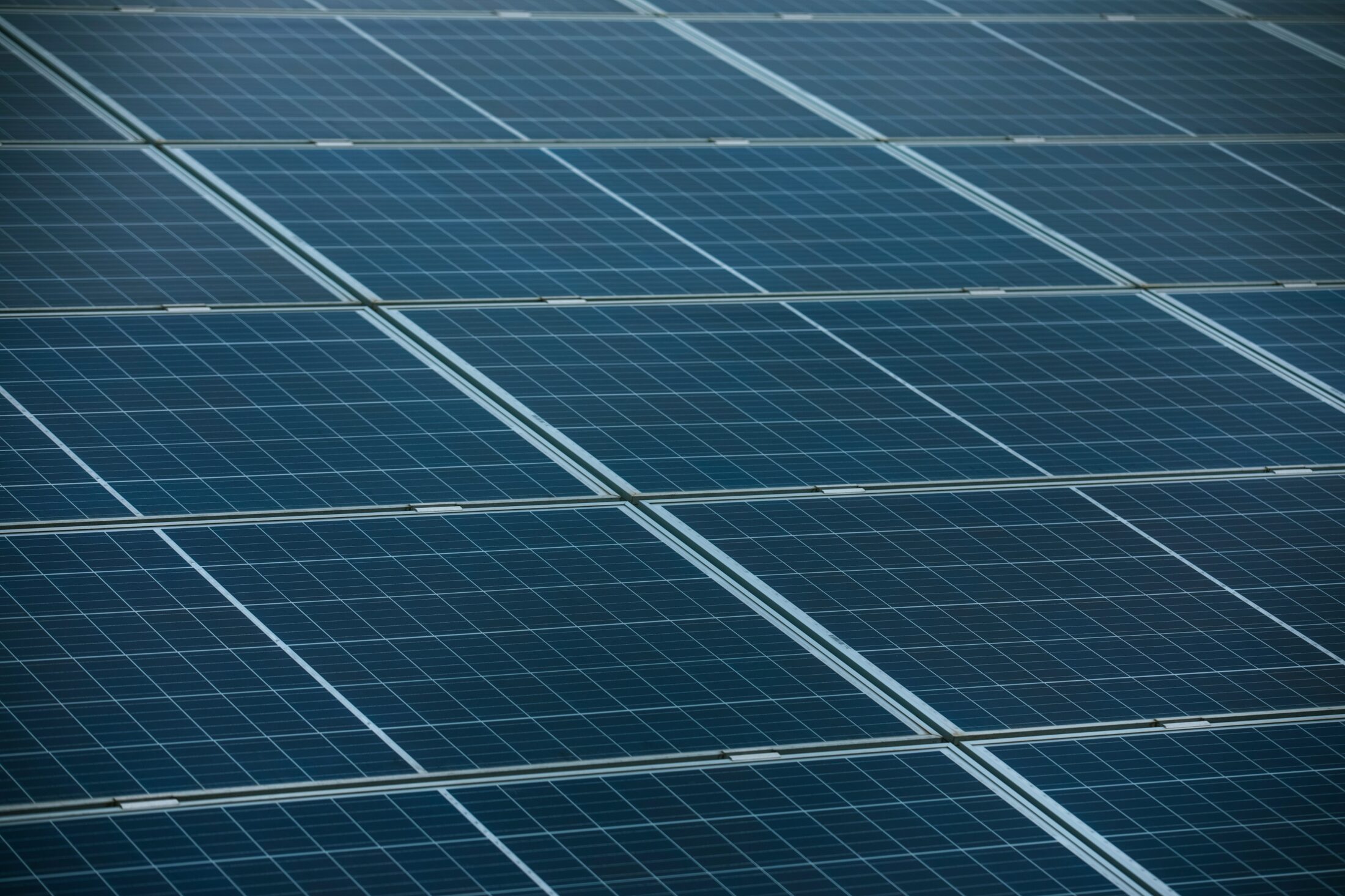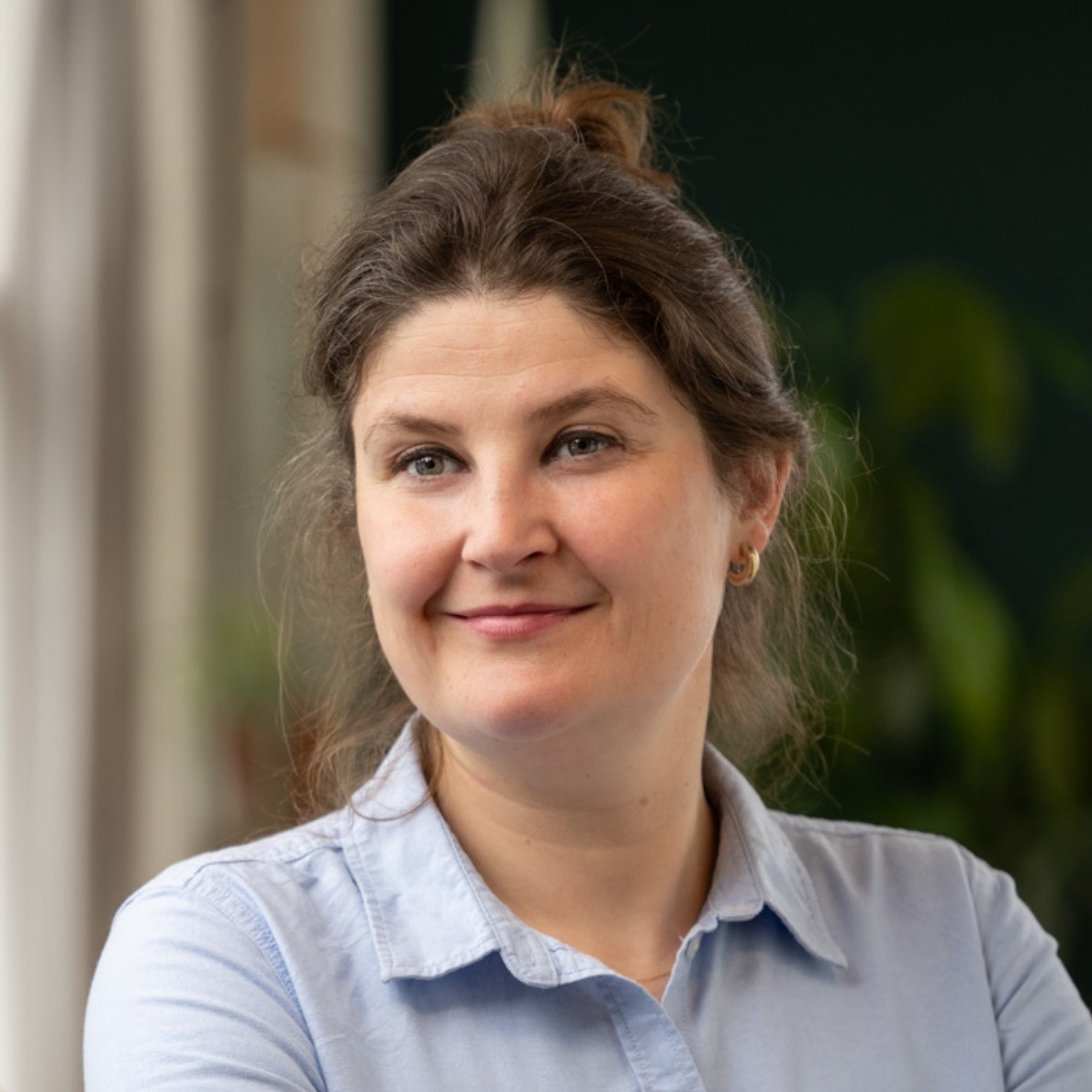
Research into the market for recycled solar panels in Rotterdam
The call to apply circular principles in the energy transition is growing in importance. It is expected that in the coming decades more and more solar panels will end up in landfills. Together with Stichting ZonNext, &flux conducted research into the possible potential of a market for recycled solar panels in Rotterdam.
What is the size of the Rotterdam market for recycled solar panels, and what potential customers are there? That is the focus of this study. To answer this question, four elements were examined and analyzed: 1. Market and target group scan, 2. Social business case, 3. Technical and legal preconditions, and 4. Policy recommendations. The results, arrived at through interviews with possible providers and customers, consultation with experts and desk research, reveal five key insights:
1. The supply and expected numbers of recycled solar panels are still uncertain and difficult to predict.
The waste mountain of old solar panels is expected to take on serious proportions in +- 5 years. However, the exact numbers of solar panels that will be released for reuse in the coming years are difficult to predict. This is partly due to the fact that the attractiveness of reusing old panels may be undermined by the fact that new panels offer more and more power in comparison. On the other hand, new technologies that may replace traditional panels in the future are a second “threat” to the second-hand market.
2. There is interest in buying recycled solar panels in Rotterdam.
Interviews with potential buyers in Rotterdam show that there is interest. Promising target groups are:
- Sports associations with their own (temporary) outdoor sports accommodation.
- Entrepreneurs in temporary buildings that will eventually (max. 10 years) be demolished
- Local energy cooperatives with circular ambitions
- Municipal properties with small energy needs
- Allotment associations (if needs are already concrete)
- Resident organizations with owned premises, optionally in cooperation with neighborhood work cooperatives and residents themselves
3. The financial business case for reused solar panels is unfavorable in many cases. The social business case does pan out in some cases.
New solar panels are cheaper in cost per panel, per watt peak, per year than reused solar panels. That makes the financial business case for new solar panels better.
The social business case, on the other hand, does paint a positive picture. For example, when circularity is taken into account, CO2 footprint is mapped and local social chain cooperation is sought.
Another important factor in favor of reused panels is temporality. Roofs of buildings that will eventually be demolished are extremely suitable for the installation of reused solar panels.
4. In principle, the same technical and legal framework conditions apply to a reused panel as to new panels, provided they have been tested and approved.
The same safety and quality regulations apply to both new and reused solar modules. In terms of insurance, little is yet regulated within the reused solar panel market.
5. The municipality of Rotterdam can play several roles in the local market for recycled solar panels.
During discussions with interested target groups, interlocutors contributed thoughts on the role of the municipality.
Several roles emerged that the municipality can play in the market for reused solar panels: initiating, stimulating, facilitating and innovating.
Want to read more details about the results of this research? Then download the final publication now.

&flux en Circulair economy
Reusing solar panels is a step toward a circular economy. Solar panels that are given a second life have a reduced CO2 footprint and also help minimize waste streams. That motivated us to take on this project. Interested in this topic?
